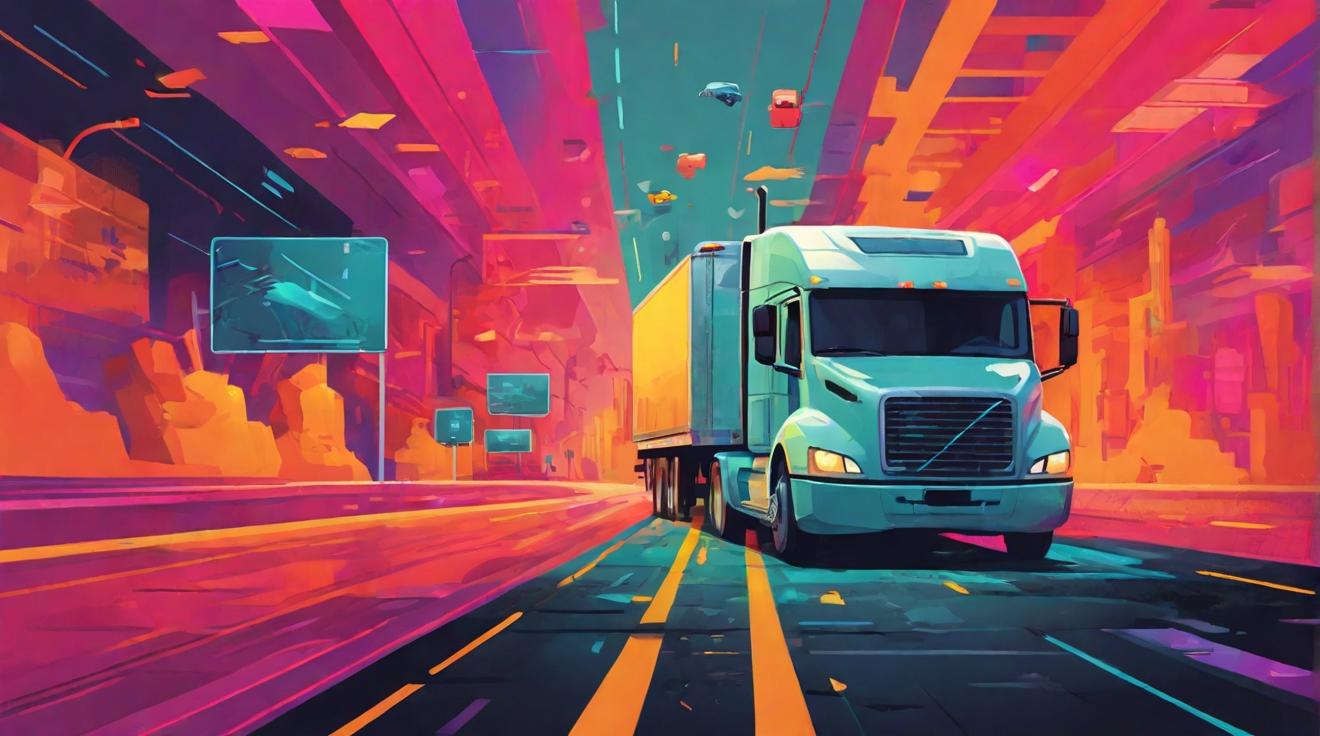California Lawmakers Rally to Ban Autonomous Trucks Without Human Drivers Amid Safety Concerns
California lawmakers and labor unions are pushing for laws to ban autonomous trucks without human drivers following recent accidents involving self-driving taxis from General Motors and Alphabet. These accidents, including a Waymo vehicle being torched during Chinese New Year celebrations and a major accident involving a GM Cruise robotaxi hitting and dragging a pedestrian, have raised significant safety concerns.
Both accidents occurred in San Francisco, leading to calls for stricter regulations in the area. State lawmakers are now supporting two bills that aim to tighten control over autonomous vehicles (AVs). One bill, backed by Senator Dave Cortese, would give cities the authority to issue permits for AVs and enforce related laws, shifting power away from state regulators. The other bill requires a trained human driver to be present in self-driving vehicles weighing over 10,001 pounds, including commercial trucks. The goal is to ensure a human presence in trucks until safety and worker concerns have been adequately addressed.
Although a previous version of the truck bill was vetoed by Governor Gavin Newsom, it has been reintroduced following the recent Cruise accident. The Teamsters union supports both bills, citing concerns over safety hazards and potential job losses resulting from the deployment of AVs.
The accidents involving Cruise and Waymo raise questions about the readiness of this technology and the ability of tech companies to effectively self-regulate. However, these companies are crucial to California’s economy, adding complexity to the push for stricter regulations on autonomous vehicles. While California currently prohibits autonomous trucks of heavyweight, there are considerations to allow their operation. The reintroduced truck bill aims to prolong this process.
Governor Newsom’s office stated that he would evaluate the bill if it reaches his desk, without providing further comment on pending legislation. It is worth noting that autonomous trucks, which primarily operate on predetermined routes and highways, have not been involved in high-profile accidents thus far.
Cruise is currently under investigation by multiple agencies, including the Department of Justice, while city police are looking into the incidents involving Waymo vehicles. These investigations will provide further insight into the safety concerns surrounding autonomous vehicles.
As California grapples with the regulation of autonomous vehicles, the future of this technology remains uncertain. Striking a balance between safety and innovation will be crucial as the state moves forward with AV legislation.
Analyst comment
Positive news: California lawmakers and labor unions are rallying to ban autonomous trucks without human drivers amid safety concerns.
Analyst’s prediction: The market for autonomous trucks in California will face stricter regulations, with potential requirements for human drivers and city permits. This could result in delays and challenges for autonomous truck companies in the state.













